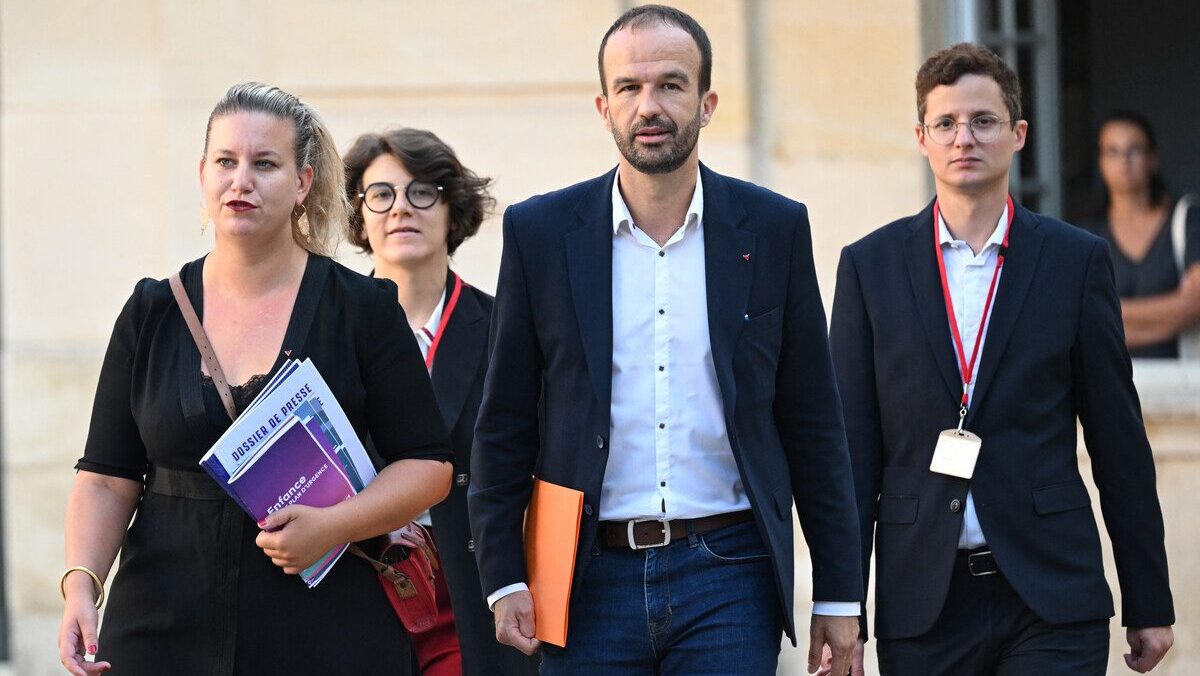The side effects of the war in Israel have contributed to the break-up of the left-wing NUPES coalition formed during the 2022 elections, notably due to differences of opinion on the support to the Palestinian cause. Socialists and communists criticise the La France Insoumise party for its excessive complacency towards Hamas and the Muslim electorate in France.
The NUPES (New Popular Ecological and Social Union) coalition was formed in the wake of the Left’s failure in the April 2022 presidential election. For the second time in a row, the French Left failed to field a candidate capable of reaching the second round of the presidential election. It has therefore put in place a new strategy of unity for the legislative elections in June 2022 in order to present joint candidates between the different parties: La France Insoumise, the Socialists, the Ecologists, and the Communists.
In the legislative elections of June 2022, the NUPES coalition won 151 seats overall, with a majority of 75 seats for Jean-Luc Mélenchon’s party, La France Insoumise. This victory for the coalition has enabled them to claim the position of leading opponent to Emmanuel Macron, even though, in reality, it is the Rassemblement National that by number of seats alone represents the leading opposition party with 88 seats, while the NUPES brings together parties with often discordant voices.
In recent months, tensions have built within the coalition. La France Insoumise has found itself the target of intense criticism from its partners, both for its stunts in the National Assembly and for scandals involving its elected representatives, such as the conviction of MP Adrien Quatennens for domestic violence.
Within the coalition, Communist Fabien Roussel gradually distanced himself, announcing as early as April 2023 that the NUPES was “outdated,” and that the hold of La France Insoumise and Jean-Luc Mélenchon, claiming to rule the entire French Left, was excessive.
Two events have recently precipitated the break-up of the coalition.
First, the prospect of the European elections and the announcement of candidates for the next ballot raised the question of a single list on the Left, extending the NUPES. An alternative solution would be to present separate lists allowing each party to exist, but risking a fragmentation of left-wing votes that would highlight the dual predominance in the French political landscape of Emmanuel Macron’s Renaissance party and Jordan Bardella’s Rassemblement National.
The start of Hamas’ operations against Israel on October 7th accelerated the break-up of the coalition, due to the public stances taken by La France Insoumise, which were deemed highly ambiguous and even frankly, condemnable. The party refused to condemn the Hamas movement as “terrorist” and considered it to be the embodiment of “resistance.” Accusations of antisemitism were levelled across the political spectrum at Mélenchon’s party, which has long been accused of pandering to Muslims for electoral reasons.
The coalition’s demise has not yet been officially confirmed, but it is well on the way to becoming a reality. After Communist Fabien Roussel left the group, it was the turn of Olivier Faure, head of the Socialist Party, to distance himself. The Socialist MPs have suspended their work with the NUPES via a ‘moratorium.’ The Socialists denounced Jean-Luc Mélenchon’s “permanent conflict,” which “prohibits any enlargement” on the Left and which, in their view, “has become an obstacle to union.” In addition to the difficulties in working together, the Socialists did not accept the former presidential candidate’s comments on Hamas’ attacks on Israel during Emmanuel Macron’s trip to Tel Aviv. Jean-Luc Mélenchon accused the President of the National Assembly, Yaël Braun-Pivet, who was visiting Israel, of “camping out in Tel Aviv to encourage the massacre” of Palestinians.
In recent days, the Socialists had the NUPES name removed from their group in the National Assembly and boycotted joint meetings with the other coalition partners. They have also refused to sign the motion of censorship proposed by La France Insoumise against Prime Minister Élisabeth Borne in the latest budget votes.
For his part, Communist Party Secretary General Fabien Roussel now says he wants to move forward on a new basis. He is calling for a “Popular Front for the 21st century,” modelled on the anti-fascist rally that led the Left to victory in 1936. This new kind of Popular Front would be formed without La France Insoumise. Fabien Roussel has a real political space, because he embodies the return of a secular Left that had its hours of glory in French politics, and he is loud and clear that he does not want to give in to the sirens of Wokism and Islamo-Gauchism—a position that has won him growing support from the French working classes who may have felt abandoned by a Left that was too openly in favour of immigration.






